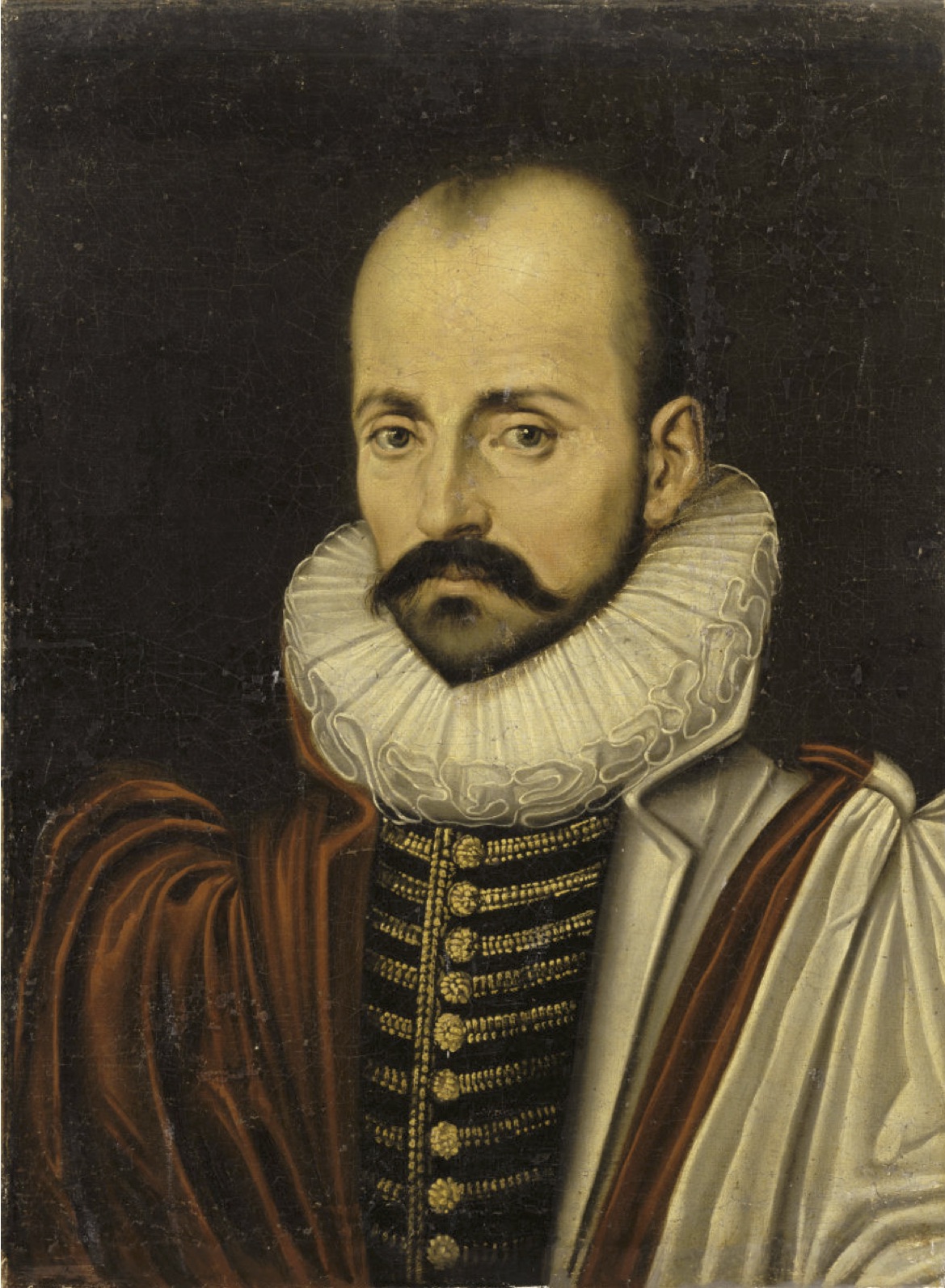

Queer Places:
Montaigne's tower, 24230 Saint-Michel-de-Montaigne, France
 Michel
Eyquem de Montaigne, Lord of Montaigne (28 February 1533 – 13 September 1592)
was one of the most significant philosophers of the French Renaissance, known
for popularizing the essay as a literary genre. His work is noted for its
merging of casual anecdotes[5]
and autobiography with serious intellectual insight; his massive volume
Essais contains some of the most influential essays ever written.
Michel
Eyquem de Montaigne, Lord of Montaigne (28 February 1533 – 13 September 1592)
was one of the most significant philosophers of the French Renaissance, known
for popularizing the essay as a literary genre. His work is noted for its
merging of casual anecdotes[5]
and autobiography with serious intellectual insight; his massive volume
Essais contains some of the most influential essays ever written.
In his own lifetime, Montaigne was admired more as a statesman than as an author. The tendency in his essays to digress into anecdotes and personal ruminations was seen as detrimental to proper style rather than as an innovation, and his declaration that, "I am myself the matter of my book", was viewed by his contemporaries as self-indulgent. In time, however, Montaigne would come to be recognized as embodying, perhaps better than any other author of his time, the spirit of freely entertaining doubt which began to emerge at that time. He is most famously known for his skeptical remark, "Que sçay-je??" ("What do I know?", in Middle French; now rendered as Que sais-je? in modern French).
Montaigne was forced into an arranged marriage as his was an aristocratic family. After his marriage he met 18-year-old Etienne de la Boétie. They met due to their mutual work for the Bordeaux Parlement. Beryl Schlossman wrote: "La Boétie became Montaigne's ideal and intimate friend; without exaggerating, one could call him Montaigne's great love." Montaigne was unusual in that other material he wrote mentioned marriages performed for gay couples in Rome. Montaigne was at the bedside when Etienne died at age 33. He wrote: "Since the time I lost him...I do languish, I do but sorrow... I was so accustomed to be ever two, so inured to be never single, that I think I am but half myself." Of their first meeting Montaigne wrote: "At our first meeting, which was accidentally at a great city entertainment, we found ourselves so mutually taken with one another, so acquainted, and so endeared betwixt ourselves, that from thenceforward nothing was so near to us as one another." He wrote: "If one were to press me to say why I loved him, I feel this cannot be expressed; it seems to me that there is, beyond all my discourse and all that I can say about it, I know now what dive and fatal force, mediatrix of this union. It is not one special consideration, nor two, nor three, nor four, nor a thousand. It is I know not what quintessence of all this mixture which, having seized all my will, led it to plunge and lose itself in his. I say lose in truth, leaving it nothing that was its or its own."
My published books: